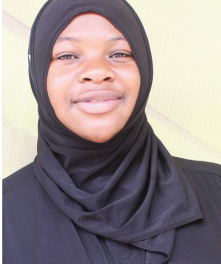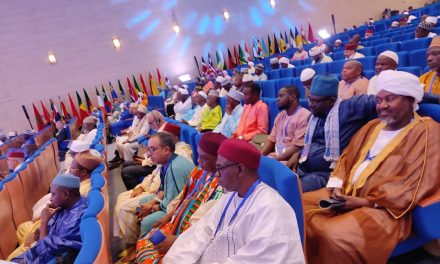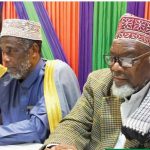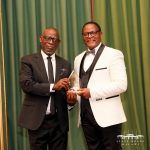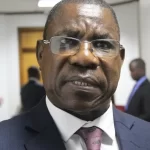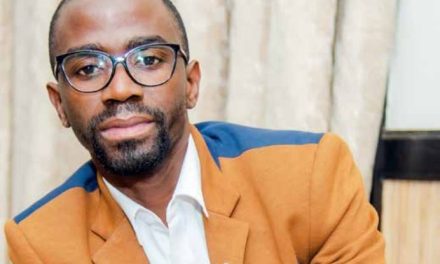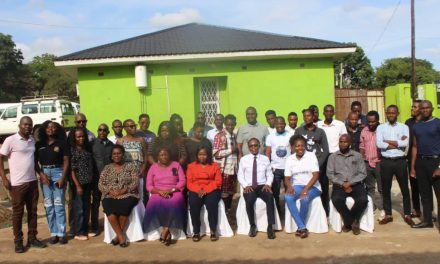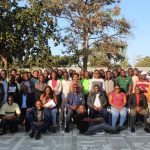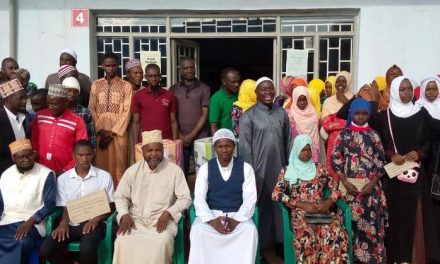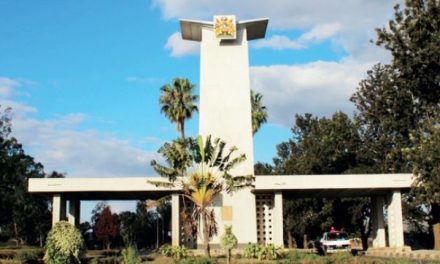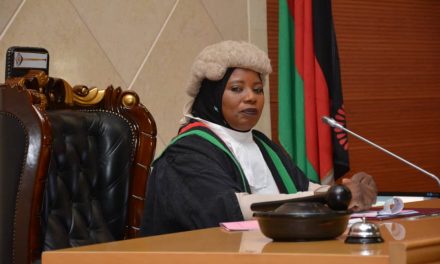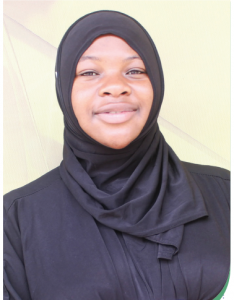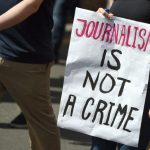
Tribute to Mufti Abbas Qassim
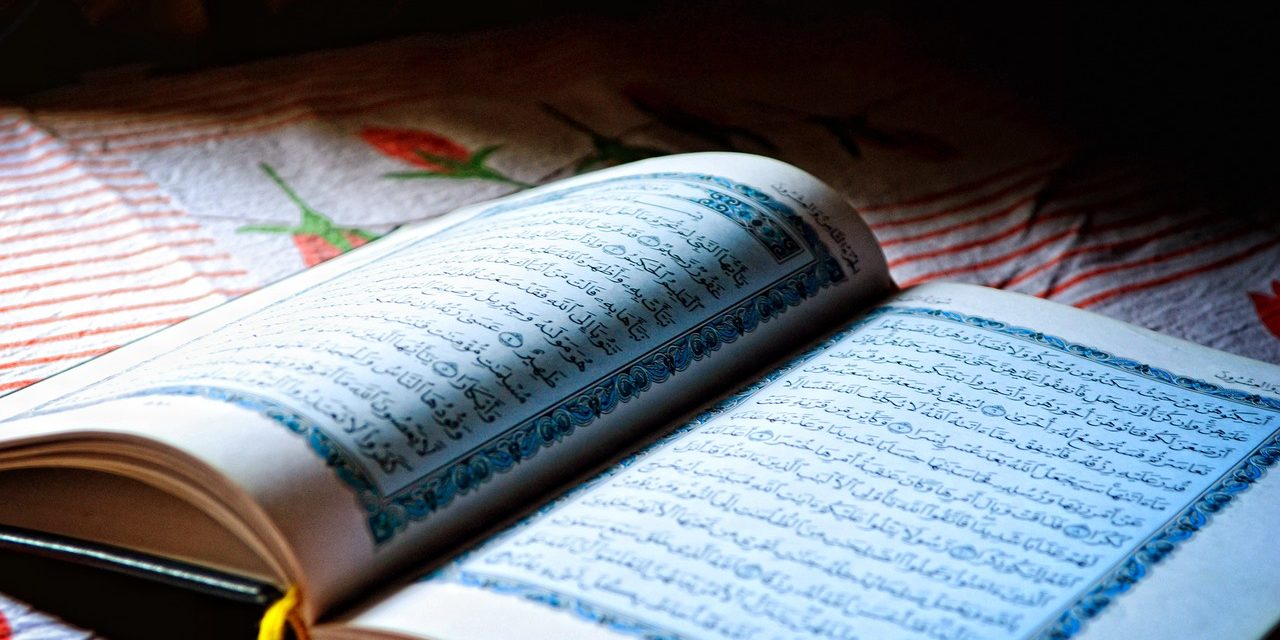
The Prophet Peace Be Upon him said: Verity Allah does not take away knowledge by snatching it from the people, but he takes it away by taking away the lives of the religious scholars till none of the scholars stays alive then the people will take ignorant ones as their leaders, who when asked to deliver religious verdict will issue them without knowledge, the result being that they will go astray and lead others astray.
Muft Abbas Qassim was until his death supreme leader of the Council of Muslim Scholars and Sheikhs in Malawi. He will be remembered as the only Muft who has contributed alot in as far as Islamic education is concerned in this country. He was one of the first generation that taught Islam in the country. His students are spread all over African continent, no sheikh or learned scholar would have graduated from any Islamic school in Malawi without going under his classes or through his students.
What is the origination of Muft?
The Muftship was originated during the Prophetic period that when there is no Qur’anic verse or Prophetic ruling, for Muslims not to go astray on an issue at hand, well qualified Muslim intellectual should issue a decree on what Muslim Should do on the matter at hand.
Who is Mufti?
A muft is an Islamic scholar who interprets and expounds Islamic law. Muftis are jurists qualified to give authoritative legal opinions known as fatwa (Decree) A fatwā is an Islamic legal pronouncement, issued by an expert in religious law (mufti), pertaining to a specific issue, usually at the request of an individual or judge to resolve an issue where Islamic jurisprudence (fiqh), is unclear. Typically, such uncertainty arises as Muslim society works to address new issues – issues that develop as technology and society advance. “Can a Muslim do artificial insermination?” for instance.
What qualifications must a Muft have?
He must at least have the following knowledge
- Know the verses of Qur’ān pertaining to the ruling at hand;
- Know the reason behind the verses of Qur’ān related to the ruling – when each was revealed and why;
- Distinguish the supportive and oppositional verses of the Qur’ān;
- Know all the hadith pertaining to the ruling and the soundness of their chain of transmission;
- Be familiar with the legal precedents of the issue before him, including the arguments or consensus reached by earlier scholars; and
- Be well-versed in the syntax, grammar, pronunciation, idioms, special linguistic uses, customs and culture prevalent at the time of the Prophet (s) and succeeding two generations.
How is the Muft chosen?
In Islamic countries like Saudi Arabia the Ministry of Islamic Affairs chooses the Muft and even the people as well learned as they are, the scholars themselves and even the public are able to realise that as things are such a person is eligible to become a Muft if vacancy arises while in other countries like Malawi, it is the responsibility of an authoritative organisation of learned Sheikhs (Muslim Scholars) which exists in Malawi called Majlis Ulama( Council for the Muslim Theologians) which operates under Muslim Association of Malawi (MAM) an Umbrella Body of all Muslim in Malawi
What criteria is used to find a Mufti?
Apart from the above mentioned educational qualifications and knowledge plus experience, the person should be of good calibre, well respected, high integrity, good character and Islamic morals. Reputable behaviour, no bad historical immoral values should have been recorded of him among others.
What are the roles of a Mufti?
Issue decree where necessary in consultation with the council or his committee.
In Malawi how many Muftis did we have before Abbasi?
Late Muft Abbas was the second Muft in the History of the country after Muft Allie Ibn Salim May Allah Have Mercy on our Late Muft Abbas Kassim Abbas and all the Muslim Sheikhs who passed on while serving their nation like Sheikh Hussein Mwalabu, Sheikh Muhammad Idrus, Sheikh Twaha Katalama, Sheikh Daud Abdullah, Sheikh Ibrahim Pitala and Sheikh Aman Chilipa among others.

